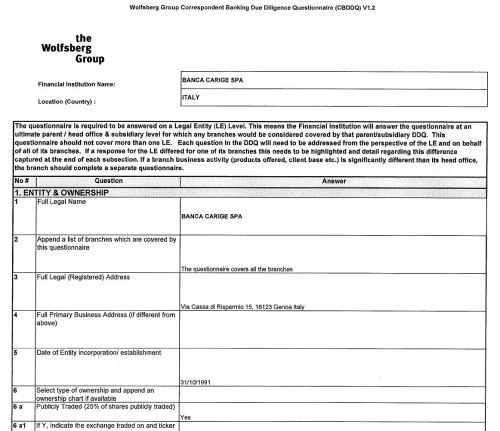This week, the United States and its allies launched the Russian Elites, Proxies, and Oligarchs (REPO) multilateral task force, which will “collect and share information to take concrete actions, including sanctions, asset freezing, and civil and criminal asset seizure, and criminal prosecution” against Russian Oligarchs and elites. According to the government’s press release, cooperation between the United States and its foreign partners in recent weeks has yielded notable successes, including information provided by U.S. law enforcement to foreign partners that contributed to the seizures of multiple vessels despite the use of intricate offshore shell companies that obscured its ownership.
As part of a multi-pronged oligarch crackdown, FinCEN also released its second alert to financial institutions this week about the importance of identifying and reporting suspicious activity by sanctioned Russian elites, oligarchs, and their proxies that involve real estate, luxury goods, and other high-value assets. And with the alerts highlighting numerous red flags to assist financial institutions in identifying suspicious activity, one mechanism certainly warrants our attention.
According to FinCEN, from real estate to the high-end art market, Russian elites and their proxies may seek to evade sanctions through anonymous offshore shell companies, which is “perhaps the single most common mechanism for engaging in money laundering, transnational corruption, tax evasion, and other related crimes.” Beyond anecdotes, the data speaks for itself as the World Bank’s own analysis of over 200 of the largest corruption cases between 1980 and 2010 found that more than 70% of them involved anonymous shell companies. So it should come as no surprise that during the 2021 U.S.-led Summit for Democracy, the administration highlighted exposing shell companies as one of its most crucial measures as part of the government’s holistic strategy to combat corruption, which was elevated to a U.S. national security priority. And with the current state of affairs, the stakes have never been higher underscoring the need for beneficial ownership transparency.

On pushing forward broader adoption

“As President Trump has made clear, cartels...

Why Sigma Ratings?
